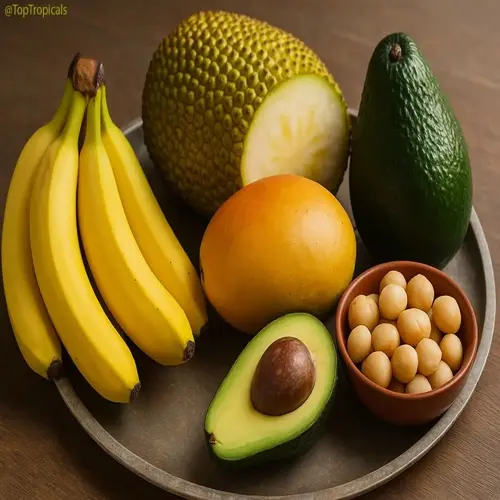What foods support serotonin production?

Written by
Chen Jialiang
Reviewed by
Prof. Graham Pierce, Ph.D.Certain types of serotonin-building foods elevate connotations of happiness within your neurological pathways naturally. Turkey contains tryptophan, which is converted into serotonin, and spinach provides folate that positively affects the formation of serotonin. Salmon contains omega-3 acids, which improve the receptivity of serotonin in the tissues. I have helped clients surmount seasonal depression by systematic inclusion of these foods daily.
Precursor Nutrients
- Tryptophan crosses blood-brain barrier as serotonin building block
- Vitamin B6 activates conversion enzymes
- Iron enables oxygen transport for synthesis reactions
Co-Factor Support
- Zinc enables tryptophan hydroxylase enzyme function
- Magnesium prevents serotonin breakdown
- Vitamin C protects serotonin molecules from oxidation
Combine foods strategically for maximum impact. For example, eat turkey with spinach to pair tryptophan with folate. Alternatively, adding pumpkin seeds to salmon can enhance the absorption of omega-3 fatty acids due to the zinc content. Or better yet, include fermented foods such as kefir, which feed the gut bacteria that, in turn, produce more serotonin. I have created eating plans for clients in which these synergistic combinations are layered.
Time serotonergic foods to coincide with sunlight exposure. Sunshine in the morning stimulates vitamin D receptors that control the conversion of tryptophan. Eating tryptophan-rich breakfasts, such as eggs with mushrooms, is consistent with the intake of nutrients and the energetic circadian rhythms of the day, helping to balance and maintain an optimum mood throughout the day.
Refrain from serotonin blockers like alcohol and processed sugars. They disrupt the conversion pathways and stimulate their breakdown. Monitor your mood responses after meals that contain these serotonin-boosting foods. Many clients report a noticeable emotional boost after consuming these specific food combinations for a few hours.
Read the full article: Nutrition for Mental Health: Essential Guide

